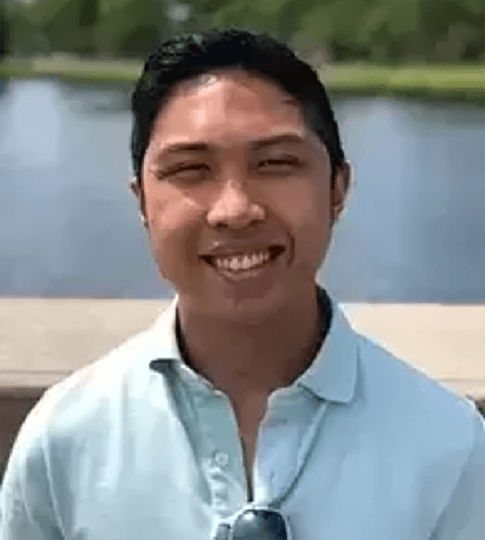Engineering Design Projects (ES 100), the capstone course at the Harvard John A. Paulson School of Engineering and Applied Sciences, challenges seniors to engineer a creative solution to a real-world problem.
Taking charge! An In-Silico Approach of Antibody Generation
Mark Meneses, S.B. ’21, bioengineering
Please give a brief summary of your project.
Therapeutic antibodies are necessary to improve patients’ quality of life. However, aggregation during the formulation of antibodies leads to unsafe and undesired biochemical properties. Currently, there is a need within the pharmaceutical industries to design antibodies without aggregating. Therefore, this project presents a software that generates antibodies in silico without aggregating.
What was the inspiration for this project?
The inspiration for the project is how the natural immune system produces antibodies to fight natural pathogens. Generally, some people can’t make these antibodies and scientists have to synthetically produce these antibodies in the lab. I created algorithms that mimicked the process that scientists use to generate these antibodies in the lab.
How will this project help solve the problem you identified?
People rely on therapeutic antibodies to treat chronic illnesses like rheumatoid arthritis, in the case of the drug Humira. Aggregation during drug formulation is a barrier in creating new drugs like Humira. As a result, there are patients out there that are waiting for new drugs that are safe and effective. My project helps prevent aggregation which means that we can make these drugs faster, more cost effective, and at higher success rates.
What were the biggest challenges of this project?
The biggest challenge of the project was not having access at laboratories to work. Because of the pandemic, most of the testing I did was limited to computational analysis. Since my project was relatively niche within the bioengineering department, it was difficult figuring out how to run some of the computational software. Especially since I’m mostly an experimental person, I had to really learn to work with some dense computational scripts.
What did you learn through this experience?
The main thing I picked up is a computational skillset. In the world we live in, it is necessary to have a computational background. I love being a bioengineer and it's ironic that a virus pretty much incapacitated my experimentalist skillsets. I learned that if I want to keep doing what I love, I should strengthen not only my lab skills, but also my computational skills.
Press Contact
Adam Zewe | 617-496-5878 | azewe@seas.harvard.edu
